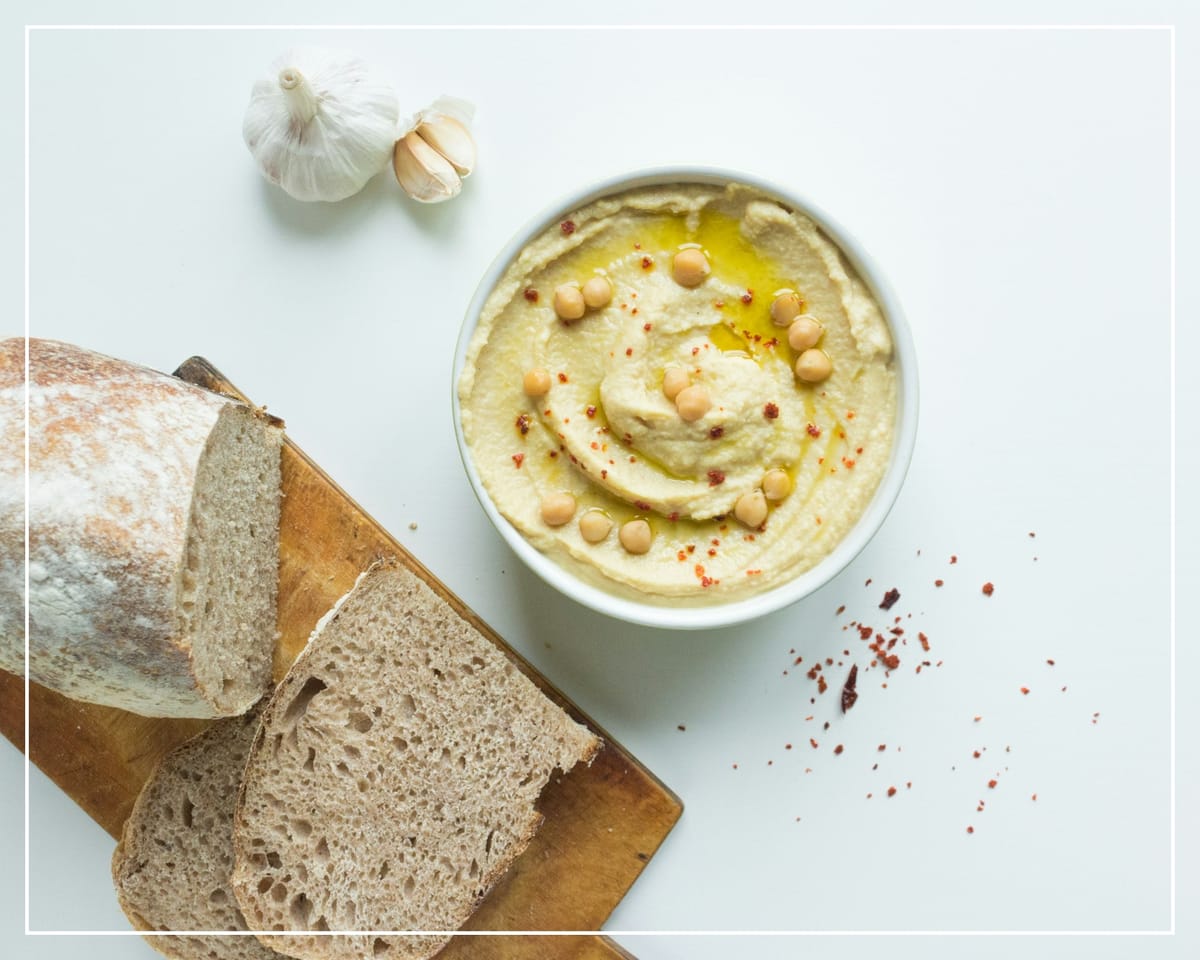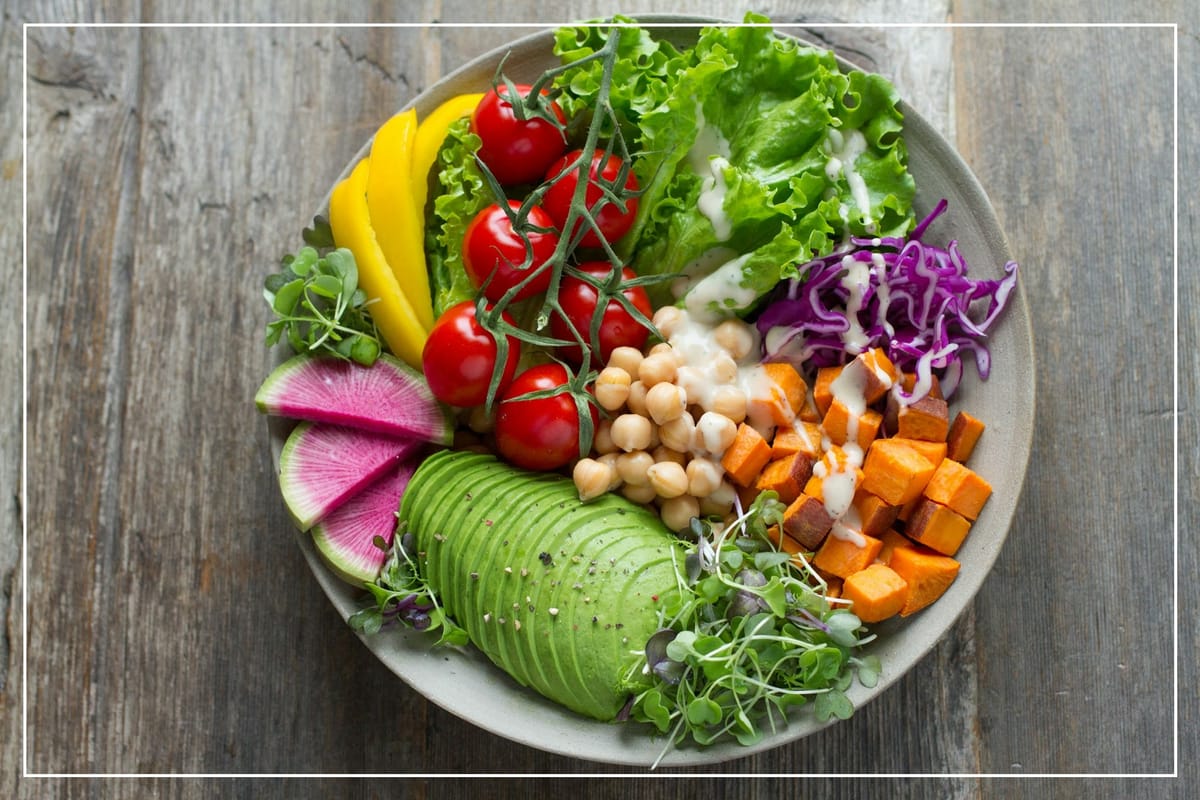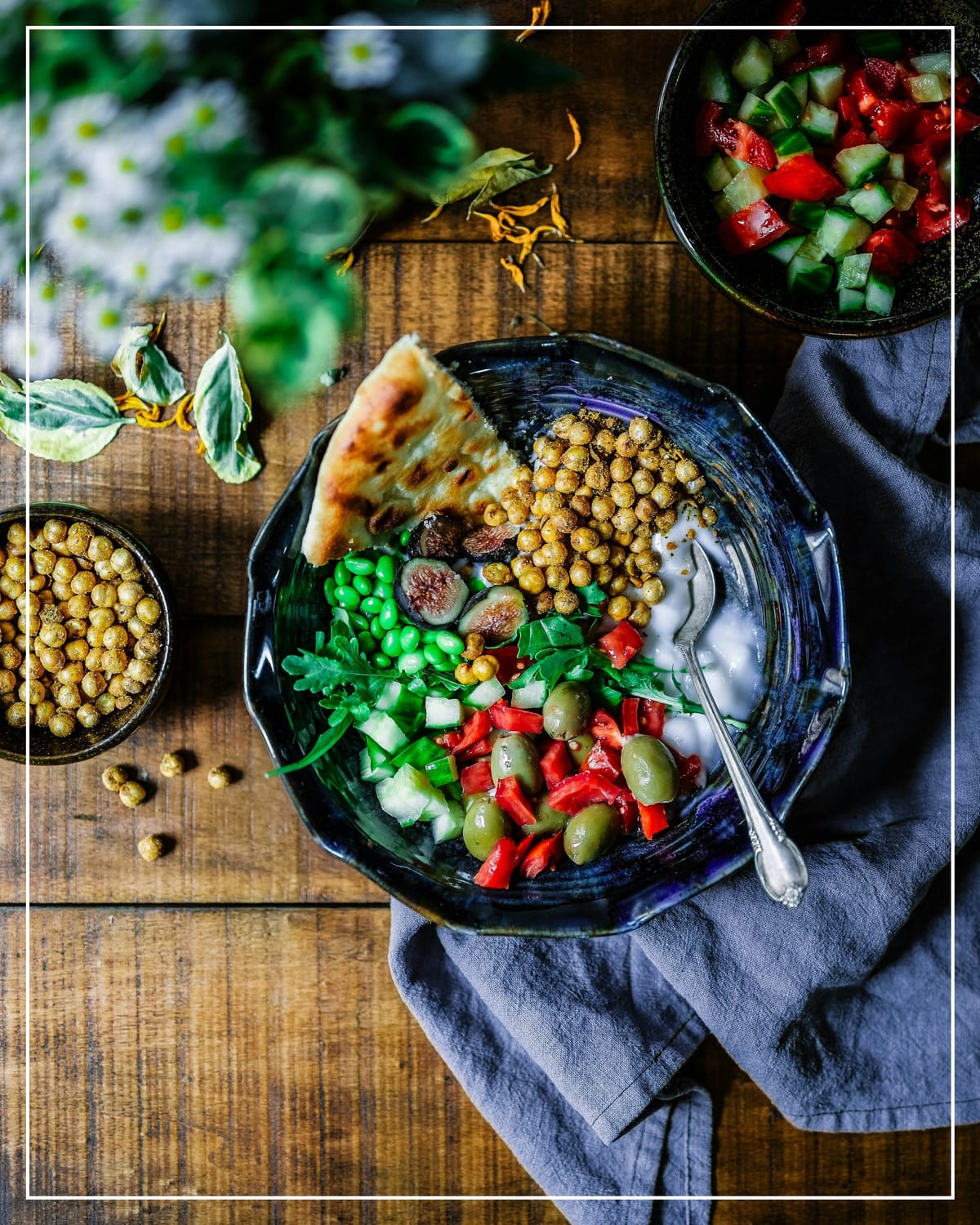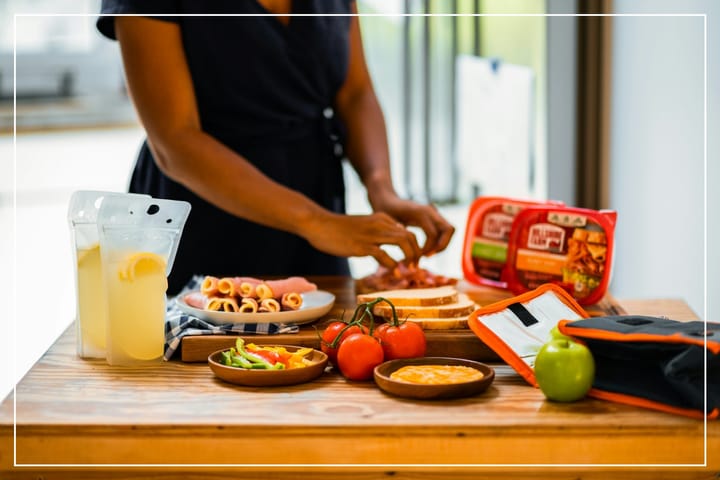Low-Calorie Snacks: Healthy and Delicious Options Under 150 Calories
Discover delicious low-calorie snacks that are under 150 calories! Learn how to build nutrient-dense, satisfying snacks that help with weight management and keep you energized throughout the day. Explore snack ideas and health tips backed by research and book references.

Snacking is an essential part of a balanced diet, providing energy between meals and helping to manage hunger. However, not all snacks are created equal. While many processed snacks are high in sugars, unhealthy fats, and empty calories, there are plenty of nutrient-dense, low-calorie options that offer both satisfaction and health benefits.
This comprehensive guide will explore the benefits of low-calorie snacking, provide a variety of snack ideas under 150 calories, and highlight studies and books that support the importance of healthy, low-calorie snacking for weight management and overall well-being.
Table of Contents
- Why Choose Low-Calorie Snacks?
- What to Look for in a Healthy Snack
- Top 15 Low-Calorie Snack Ideas
- Greek Yogurt with Berries
- Apple Slices with Almond Butter
- Air-Popped Popcorn
- Veggie Sticks with Hummus
- Rice Cakes with Avocado
- Cucumber Slices with Cottage Cheese
- Boiled Egg with Spinach
- Mixed Berries
- Celery with Peanut Butter
- Edamame
- Carrot Sticks with Salsa
- Chia Pudding
- Cherry Tomatoes with Feta
- Watermelon Cubes
- Dark Chocolate Squares
- How to Build Your Own Low-Calorie Snacks
- Conclusion: Snacking Smart for a Healthy Lifestyle
1. Why Choose Low-Calorie Snacks?
Low-calorie snacks are not just a trend; they offer practical benefits for those looking to manage weight, increase nutrient intake, and avoid the post-snack energy crash that comes from sugar-laden snacks. A study published in the Journal of Nutrition and Metabolism found that consuming low-calorie, nutrient-dense snacks helped participants maintain a healthier weight and prevent overeating at meals .
Some benefits of choosing low-calorie snacks include:
- Better Weight Management: Snacks that are low in calories can help control overall caloric intake without compromising satiety. A study from Harvard Medical School noted that incorporating low-calorie, fiber-rich snacks between meals can help reduce total daily calorie consumption .
- Improved Nutrient Intake: Opting for snacks rich in vitamins, minerals, and fiber ensures that you’re nourishing your body, even in small portions. Whole foods like fruits, vegetables, and yogurt are packed with essential nutrients that can support everything from digestion to heart health.
- Sustained Energy Levels: Low-calorie snacks that include protein and fiber help maintain steady energy levels by preventing blood sugar spikes and crashes.
Book Reference: For more information on snacking and portion control, refer to the volumetrics eating plan by Barbara Rolls, which discusses how to eat more while consuming fewer calories through smart food choices.

2. What to Look for in a Healthy Snack
Not all low-calorie snacks are created equal. While some snacks may be low in calories, they might lack the nutrients your body needs to stay full and energized. When choosing a snack, aim for one that includes:
- Protein: Protein is essential for muscle maintenance and keeping hunger at bay. Research shows that protein-rich snacks can increase feelings of fullness and reduce the likelihood of overeating later in the day .
- Fiber: Fiber promotes digestion and helps maintain stable blood sugar levels. Snacks that contain whole grains, fruits, and vegetables are often rich in fiber and low in calories.
- Healthy Fats: Although fats are more calorie-dense than protein or carbohydrates, small portions of healthy fats from nuts, seeds, or avocados can provide long-lasting energy and contribute to satiety.
- Low Sugar: Avoid snacks with added sugars, which can lead to energy crashes and cravings. Instead, opt for natural sugars found in fruits, which are accompanied by fiber and other beneficial nutrients.

3. Top 15 Low-Calorie Snack Ideas
Here are 15 delicious, nutrient-packed snack ideas that each contain under 150 calories, along with their nutritional benefits and easy preparation tips.
1. Greek Yogurt with Berries
- Calories: ~120
- Why It’s Healthy: Greek yogurt is a rich source of protein and probiotics, which support gut health, while berries add antioxidants and fiber for an energizing and satisfying snack.
Book Reference: Check out real food: what to eat and why by Nina Planck for more insight into the benefits of incorporating real, whole foods like yogurt and berries into your diet.
2. Apple Slices with Almond Butter
- Calories: ~140 (1 small apple with 1 tablespoon almond butter)
- Why It’s Healthy: Apples provide fiber and a natural sweetness, while almond butter adds healthy fats and protein, making it a balanced, filling snack.
3. Air-Popped Popcorn
- Calories: ~90 (3 cups, air-popped)
- Why It’s Healthy: Popcorn is a low-calorie whole grain that is high in fiber, helping you feel full without adding many calories. Avoid adding butter or too much salt to keep it light.
4. Veggie Sticks with Hummus
- Calories: ~100 (1/2 cup carrot and cucumber sticks with 2 tablespoons hummus)
- Why It’s Healthy: Vegetables like carrots and cucumbers are hydrating and packed with vitamins, while hummus provides plant-based protein and healthy fats.
5. Rice Cakes with Avocado
- Calories: ~130 (1 rice cake with 1/4 avocado)
- Why It’s Healthy: Rice cakes offer a crunchy, low-calorie base, while avocado delivers heart-healthy monounsaturated fats and fiber for satiety.
Book Reference: For more avocado-based recipes and insights on healthy fats, see the big fat surprise by Nina Teicholz, which highlights the importance of healthy fats in our diet.
6. Cucumber Slices with Cottage Cheese
- Calories: ~110 (1/2 cup cottage cheese with cucumber slices)
- Why It’s Healthy: Cottage cheese is a protein-rich snack, and pairing it with hydrating cucumbers adds fiber and volume to keep you satisfied.
7. Boiled Egg with Spinach
- Calories: ~90 (1 boiled egg with a handful of raw spinach)
- Why It’s Healthy: Eggs are high in protein and healthy fats, while spinach adds fiber, iron, and vitamins for a nutrient-packed snack.
8. Mixed Berries
- Calories: ~70 (1 cup)
- Why It’s Healthy: Berries are low in calories but high in antioxidants, fiber, and vitamin C. They make for a refreshing and naturally sweet snack.
9. Celery with Peanut Butter
- Calories: ~95 (3 celery sticks with 1 tablespoon peanut butter)
- Why It’s Healthy: Celery is low in calories and high in water, while peanut butter provides protein and healthy fats to create a balanced snack.
10. Edamame
- Calories: ~120 (1/2 cup shelled edamame)
- Why It’s Healthy: Edamame is packed with plant-based protein and fiber, making it a satisfying, nutrient-dense snack that’s also low in calories.
11. Carrot Sticks with Salsa
- Calories: ~70 (1/2 cup carrot sticks with 1/4 cup salsa)
- Why It’s Healthy: Carrots are rich in beta-carotene and fiber, while salsa provides a flavorful, low-calorie dip made from nutrient-dense ingredients like tomatoes, onions, and peppers.
12. Chia Pudding
- Calories: ~150 (made with unsweetened almond milk and 1 tablespoon chia seeds)
- Why It’s Healthy: Chia seeds are loaded with omega-3 fatty acids, fiber, and protein, making chia pudding a nutrient-dense and satisfying snack. Almond milk keeps the calories low while providing a creamy texture.
Book Reference: For more on the benefits of chia seeds and how to incorporate them into your diet, consider superfoods: the health benefits of chia seeds by Michael T. Murray.
13. Cherry Tomatoes with Feta
- Calories: ~80 (1/2 cup cherry tomatoes with 1 tablespoon crumbled feta)
- Why It’s Healthy: Tomatoes are packed with antioxidants, especially lycopene, which is good for heart health. Feta adds a touch of protein and calcium to make this snack both nutritious and flavorful.
14. Watermelon Cubes
- Calories: ~45 (1 cup)
- Why It’s Healthy: Watermelon is hydrating, low in calories, and contains vitamins A and C. It’s a refreshing snack that helps you stay hydrated and energized.
15. Dark Chocolate Squares
- Calories: ~90 (2 small squares of 70% dark chocolate)
- Why It’s Healthy: Dark chocolate is rich in antioxidants and has been shown to support heart health when consumed in moderation. Choosing 70% cocoa or higher ensures you get more nutrients and less sugar.
Book Reference: For insights into the health benefits of dark chocolate and other plant-based snacks, refer to the superfoods diet by Julie Morris.
4. How to Build Your Own Low-Calorie Snacks

Creating your own low-calorie snacks allows you to control the ingredients and portions to fit your health goals. Here are a few tips to keep in mind when building snacks:
- Combine Protein and Fiber: Pairing protein with fiber helps keep you full and satisfied for longer. For example, you could combine a boiled egg with some sliced veggies or mix Greek yogurt with fiber-rich berries.
- Include Healthy Fats: Don’t shy away from fats, but use them in moderation. Healthy fats like those found in avocados, nuts, and seeds can enhance the taste and satiating power of your snacks.
- Watch Portions: Even healthy snacks can add up in calories if you don’t watch portion sizes. Use measuring cups or food scales when preparing snacks, especially when using calorie-dense foods like nuts or cheese.
- Go for Whole Foods: Choose snacks that are made from whole, unprocessed ingredients. These types of foods tend to be more nutrient-dense and less likely to contain added sugars or unhealthy fats.
Example Snack Combinations:
- A small bowl of mixed nuts with an apple
- A slice of whole-grain toast with 1 tablespoon peanut butter and banana slices
- Low-fat cottage cheese with cucumber slices and cherry tomatoes
5. Conclusion: Snacking Smart for a Healthy Lifestyle
Low-calorie snacks can be a key part of a healthy, balanced diet when chosen wisely. The right snacks can help manage hunger, boost nutrient intake, and prevent overeating at meal times. By focusing on nutrient-dense, whole foods that provide a balance of protein, fiber, and healthy fats, you can enjoy satisfying snacks that fit into your daily calorie goals.
Whether you’re trying to lose weight, maintain your current weight, or simply eat healthier, low-calorie snacks can help you stay on track without feeling deprived. By using the ideas and tips provided in this guide, you can make snacking an enjoyable and nutritious part of your day.
Book Reference: For more tips on healthy eating and smart snacking, check out the volumetrics eating plan by Barbara Rolls, which emphasizes the importance of high-volume, low-calorie foods in weight management.



